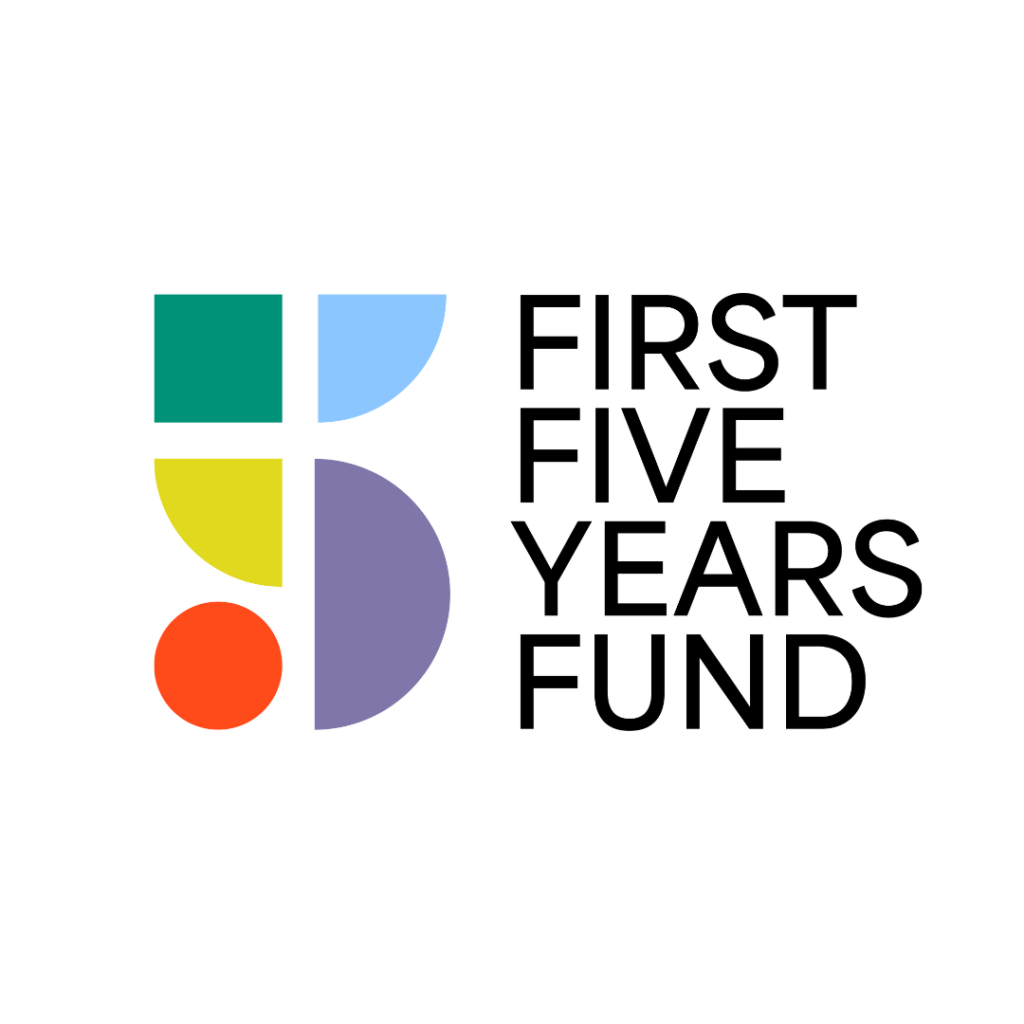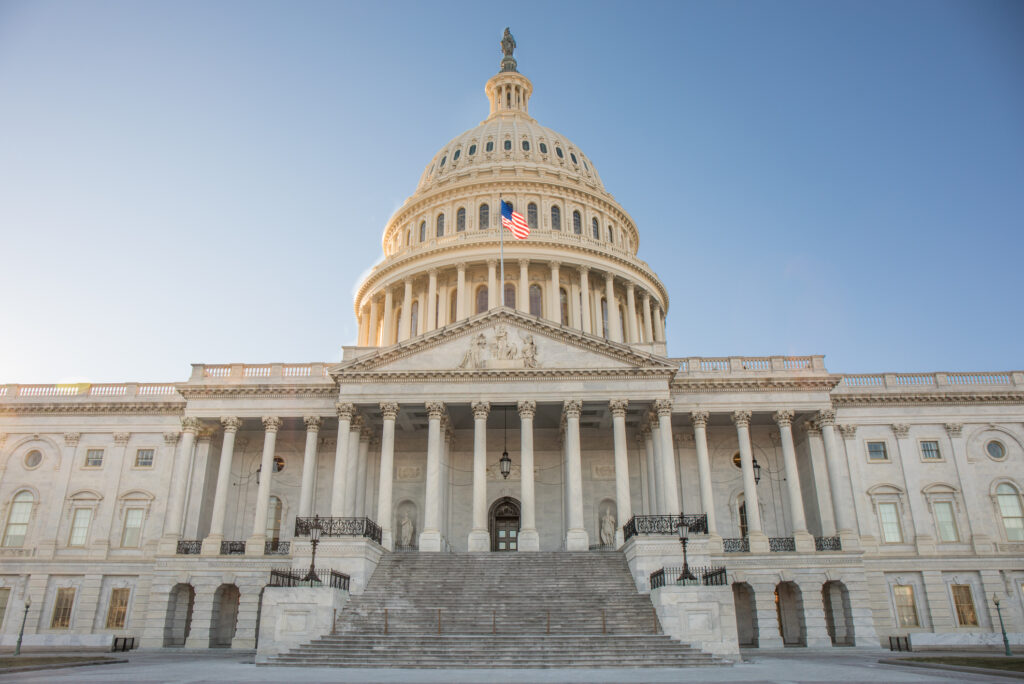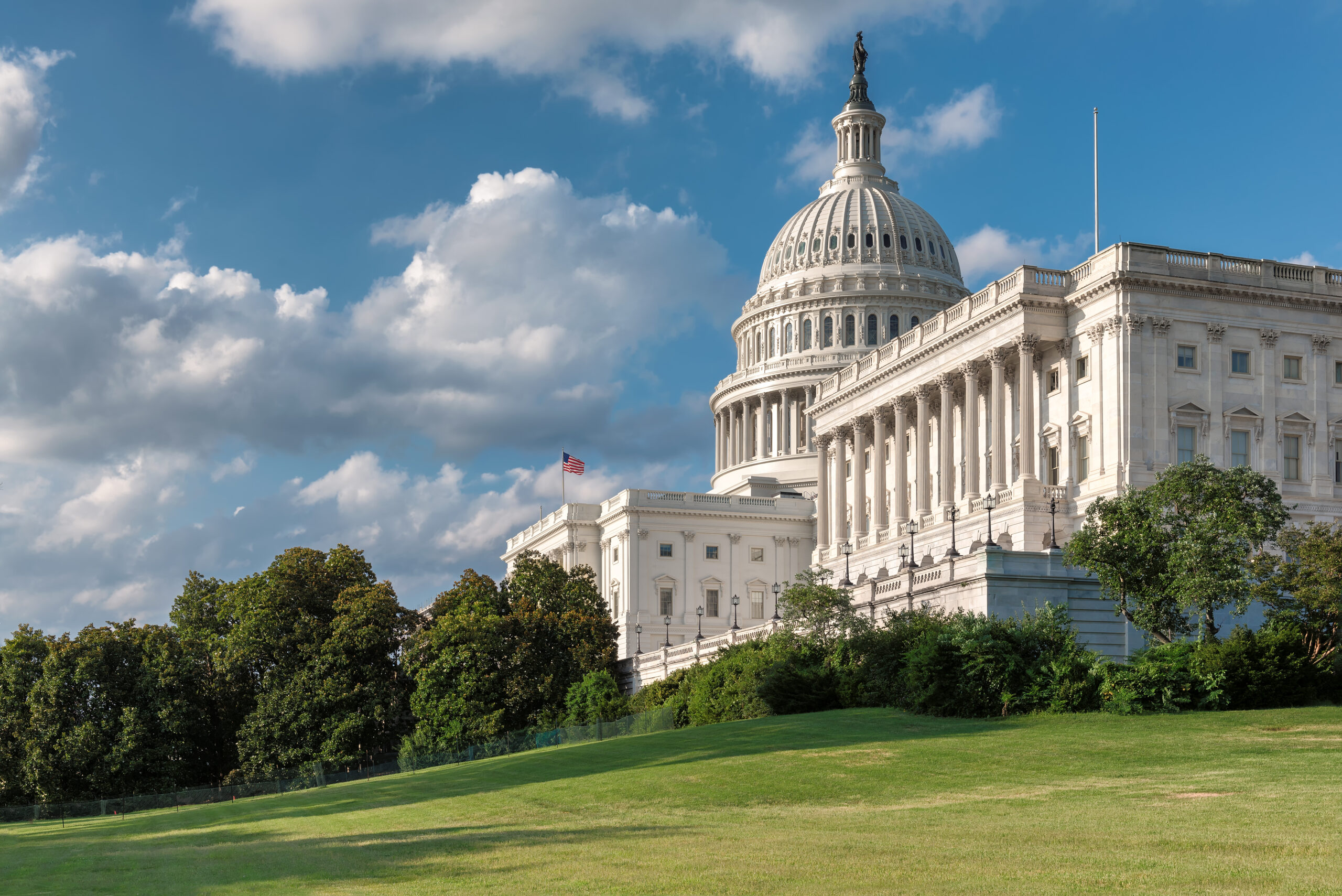Nation’s Leading Child Care Advocacy Organizations Call for More Child Care Relief in Follow-Up to CARES Act
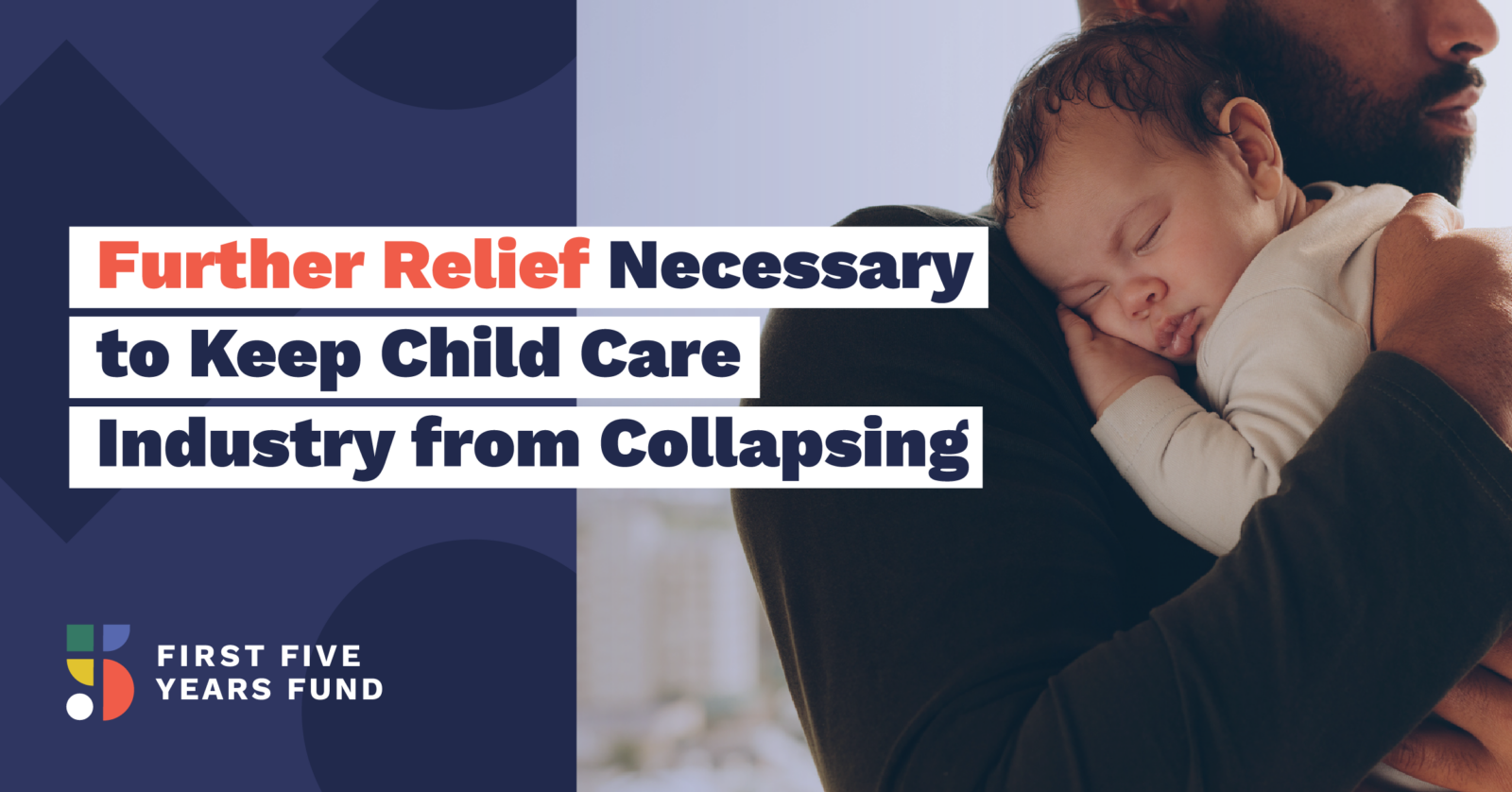
WASHINGTON – Today, the First Five Years Fund and a dozen of the nation’s leading child advocacy organizations are calling on Congress to provide additional relief for the thousands of child care providers and families across the country who are struggling as a result of the COVID-19 crisis. The Coronavirus Aid, Relief, and Economic Security (CARES) Act, which was passed by Congress last month, included a number of provisions offering assistance to individuals, families, and small businesses like child care providers. Delays and procedural hurdles, as well as overwhelming demand, have led lawmakers from both parties to now consider expanding certain provisions of the CARES Act to ensure relief reaches the families and businesses who need it.
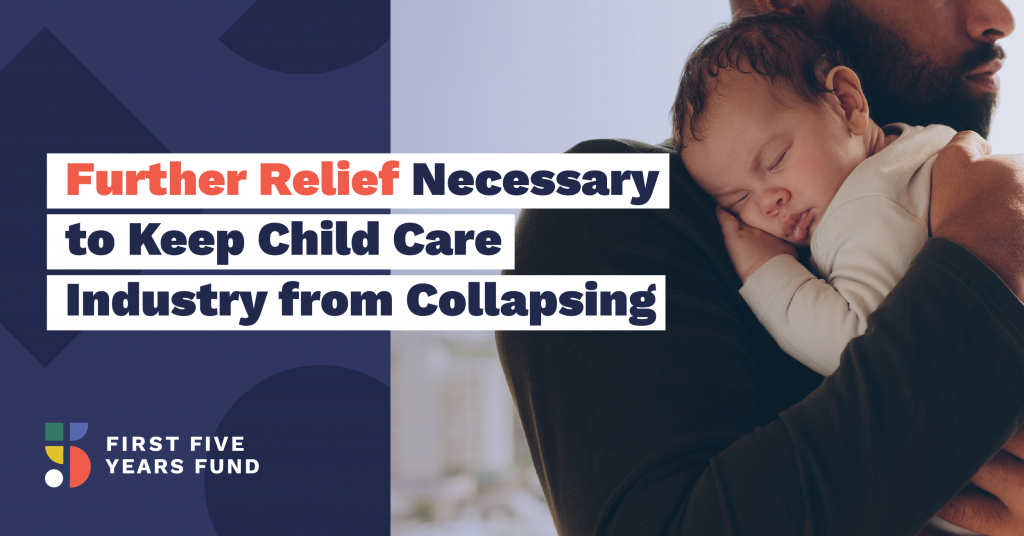
The CARES Act included $3.5 billion in dedicated funding for the Child Care and Development Block Grant (CCDBG) program and $750 million for Head Start programs. It also expands access to small business loans through provisions like the Paycheck Protection Program (PPP), and strengthens unemployment benefits.
“As we have seen over the course of the past week, there is necessity to examine additional relief sooner than expected,” the child advocacy organizations wrote in the letter. “To that end, we are making recommendations specific to swift action on the CARES Act, and look forward to working with Congress in future packages on how to comprehensively address the unique needs of the child care industry through the crisis and especially as the country shifts into recovery.”
In the letter, the 12 child advocacy organizations call for Congress to address the immediate needs of the child care industry through technical corrections and expansion of provisions in the CARES Act, including:
- Providing additional funding for the PPP and prohibiting lenders from establishing conditions that require applicants to be existing customers;
- Ensuring small businesses of under 50 employees are provided PPP funding as grants;
- Ensuring small businesses serving “essential workers” as defined in the CARES Act receive categorical priority during the PPP application/approval process and are fast tracked;
- Directing the Treasury Department working with the Federal Reserve to establish a program or facility available for mid-to-large child care providers to address liquidity shortfalls under section 4003(b)(4) of Title IV of the CARES Act.
- Allocating additional resources through the CCDBG program to support families seeking care as a result of their need as essential workers, and to support the increased risks, pay and costs of maintaining services for essential workers, including providing primary protective equipment in order to maintain their health and the sanitation of the facility at all times.
According to new survey data from the National Association for the Education of Young Children (NAEYC), half of the nation’s child care providers report that their center is completely closed, and another 15% report that they are closed to everyone except children of essential personnel. This, along with the data on the implications of state-mandated closures, translates into hundreds of thousands of program closures across the country, plus many more programs operating with significantly reduced enrollment. Since NAEYC’s first survey indicated that nearly half of programs would not survive a closure of more than two weeks without support, we know that the long-term viability of child care, and therefore the viability of our nation’s economy, is dependent on additional financial relief from Congress.
According to the Department of Homeland Security, as many as 62 million Americans could be deemed essential to the safety of communities during the pandemic, including health care workers and first responders. These men and women are on the frontline of this crisis and many are struggling to find child care as they carry out their essential jobs. According to analysis by the Hunt Institute, 17 states have ordered the complete closure of child care facilities, while 33 states and the District of Columbia have given guidance to allow child care facilities to continue operating with additional restrictions on attendance or specifically for first responders.
FFYF has compiled resources, data, and analysis on child care during the COVID-19 crisis, including information on SBA loans and unemployment benefits for providers, news updates on closures, and details on child care relief passed by Congress.
The letter was signed by Alliance for Early Success, Bipartisan Policy Center (BPC), Center for American Progress (CAP), Child Care Aware of America (CCAoA), Council for a Strong America (CSA), Early Care and Education Consortium (ECEC), Educare Learning Network (ELN), First Five Years Fund (FFYF), National Association for the Education of Young Children (NAEYC), National Head Start Association (NHSA), Ounce of Prevention Fund, Save the Children Action Network (SCAN).
Read the full letter online here: https://www.ffyf.org/ffyf-national-organizations-call-for-additional-covid-19-relief-for-child-care-industry/
The First Five Years Fund is the leading bipartisan federal advocacy organization working to ensure all children from birth through age five have equal access to affordable, comprehensive, high-quality care and education to support their healthy development and help them achieve their full potential in school and life. FFYF seeks to expand federal support for all early learning and care opportunities that are high-quality and focused first on serving those children most-at-risk. http://www.ffyf.org
###
Subscribe to FFYF First Look
Every morning, FFYF reports on the latest child care & early learning news from across the country. Subscribe and take 5 minutes to know what's happening in early childhood education.
